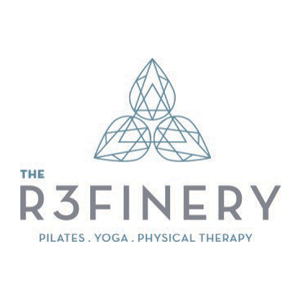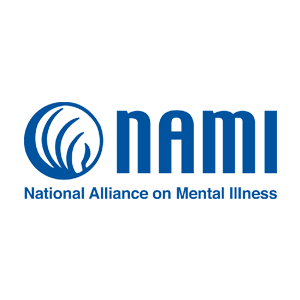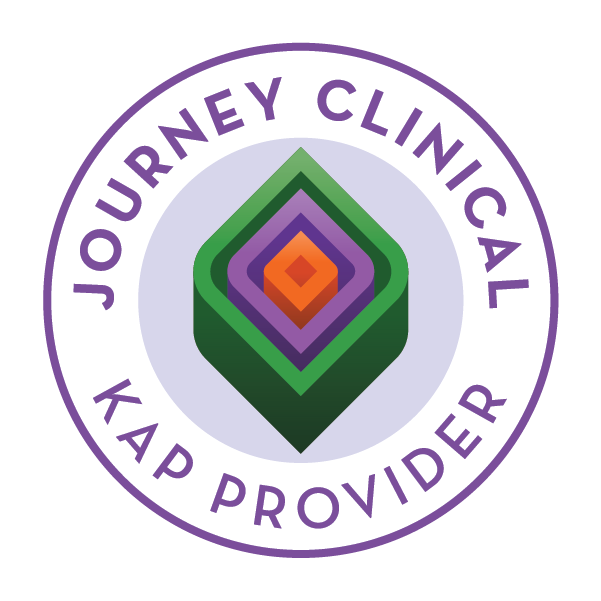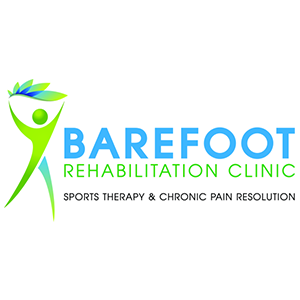Psychotherapy
&
Spiritual
Exploration
Licensed Clinicians
Free Initial Consultations
Same-Day Appointments
Hours:
Acceptance.
Compassion.
Connection.
Our therapists help clients find happiness and purpose by exploring day-to-day stressors, deeper subconscious themes, and individual spirituality. We offer telehealth, in office talk therapy, Ketamine Assisted Psychotherapy (KAP) and wellness group services. Psychological approaches paired with body healing such as guided meditation and deep breathing allows for transformational healing. We practice from a place of authentic connection and meet each client in their present reality. We act as the bridge between hope and change.
Health and healing
begins within.
Mental Health Services
Presence of Mind Therapy combines clinical approaches such as CBT and Psychodynamic approaches with alternative healing modalities such as meditation and mantra. Individuals are not inherently flawed, but instead part of larger systems that need healing. We can help you reduce anxiety, improve mood, strengthen relationships and improve self-confidence.
Spiritual Exploration
Spiritual exploration offers a sense of connection to a power greater such as Nature, the Universe, Source and Self. Spirituality can improve feelings of safety, protection, connectedness and love. Every human deserves to feel these things. Spiritual work can also improve self-worth and connection to one's identity.
Mind Body Connection
The connection between mind and body is integral to healing. We store emotional pain and trauma in our bodies and replay old tapes all the time. Using clinical theory such as Polyvagal as well as ancient technologies such as chakra work and meditation we can help you re-learn how to feel and heal.
Finding the right therapist is important
Within our safe spaces you will develop trust with your therapist at a pace that feels comfortable. Once the therapeutic relationship has been established your therapist will begin to explore the many layers that are uniquely you. You will be informed and guided as you reframe issues to better align with the life and identity that you desire. Pairing evidenced-based treatment strategies with spiritual approaches, you will gain clarity around the past, grow mindfulness and gratitude for the present, and feel empowered to design your future.
What our
grateful clients
are saying...
What our grateful clients are saying...
Why therapy?
individually evolve so that collectively we can
thrive.
Presence of Mind Therapy offers talk therapy via in-person and telehealth for adolescents through adults struggling with inner conflict in and around Summit, NJ and Scotch Plains, NJ. We utilize evidenced based treatment paired with holistic healing to help you step into the most authentic and complete version of Self.
Why therapy?
individually evolve so that collectively we can
thrive.
Presence of Mind Therapy offers talk therapy via in-person and telehealth for adolescents through adults struggling with inner conflict. We have offices located in Summit, NJ and Scotch Plains, NJ. By emphasizing a person's unique experiences, beliefs, and lifestyle, our clinicians are driven to help you be your best Self.
Change is a constant stage of life, and our practice is always growing! For more information about joining our team as a professional therapist, please read more about our open
Full-Time Therapist position.
Why therapy?
individually evolve so that collectively we can
thrive.
Presence of Mind Therapy offers talk therapy via in-person and telehealth for adolescents through adults struggling with inner conflict in and around Summit, NJ and Scotch Plains, NJ. We utilize evidenced based treatment paired with holistic healing to help you step into the most authentic and complete version of Self.
Change is a constant stage of life, and our practice is always growing! For more information about joining our team as a professional therapist, please read more about our open Full-Time Therapist position.
Why therapy?
individually evolve so that collectively we can
thrive.
Presence of Mind Therapy offers talk therapy via in-person and telehealth for adolescents through adults struggling with inner conflict. We have offices located in Summit, NJ and Scotch Plains, NJ. By emphasizing a person's unique experiences, beliefs, and lifestyle, our clinicians are driven to help you be your best Self.













Share On: